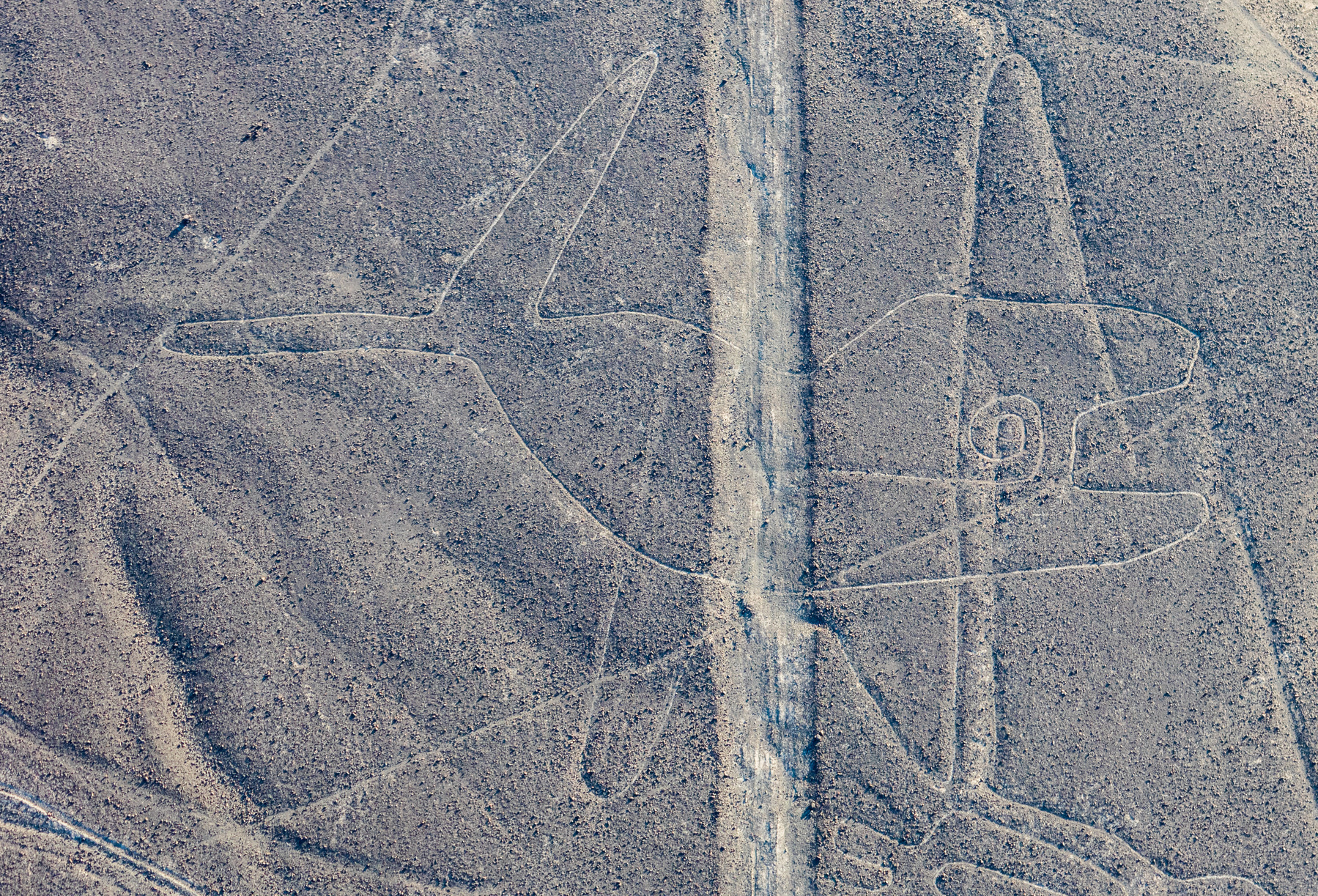If the phrase “meaning of a life” is analogous to the phrase “meaning of a word” or “meaning of a sentence,” then none of us have that much control over the meanings of our lives. Just as everything you say can be misheard or scrambled by differences in connotation or dialect, your presence in the world rarely says what you intend. You are a walking contradiction between aspiration and effect. The actual you orbits the intended you, the firm and defensible you, the serious you; or perhaps it’s the other way around. This is a quality you share with me, and with everyone, and that makes all of us that desperate and self-deluded and wholly compelling phenomenon: the bad movie.
Sunset pictures never come anywhere close to capturing the real thing. That fact doesn’t seem to deter me from trying.

Mom’s Christmas gift: reupholstering her old dining room chairs. Will update on progress, assuming there is some…







After covering the so-called Nazca Lines with the kids as part of our history lesson this morning, I’m still pondering these incredible shapes. Ancient history raises so many unanswerable questions, which (come to think of it) is just one more reason to study it. It’s good for us moderns to come up against the limits of our knowledge.


Phil Christman, with his concluding paragraph on the problems with “whiteness”:
So, I am not downplaying the fiendishness or the embeddedness of racism, the necessity of antiracist struggle, the need for whitened people to lose some sleep and some comfort, when I say that I think whiteness as a concept is useless except as a name for a powerful and ubiquitous misdescription. Racism is a labyrinth. Some of the sections have skylights and granite countertops. Most of them are dungeons. The minotaur has his habits, his favorite hunting grounds, but ultimately, he reserves the right to eat you in any of his rooms. What we must realize is that, whatever our different names, we are all in it. And we are all responsible for ensuring that every single person gets out.
Phil Christman, commenting on Blackness in an essay entitled “How to be White”:
We could say that Blackness is an oppressive fiction, and yet Black people rarely wish to have the designation itself lifted off them. It gives them a sense of commonality with other people, which is a useful thing to have in this world. The sense of surviving together the designation of Blackness makes a people where there was none before. Theologically, some have even said of Blackness—and the theological is an appropriate register in which to speak of it, given both the disproportionate religiosity of that community and the metaphysical weight of the crimes against it—what Joseph said of his brothers' crime against him: What you meant for evil, God meant for good.